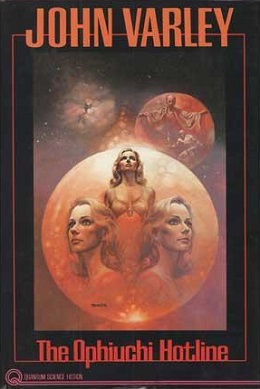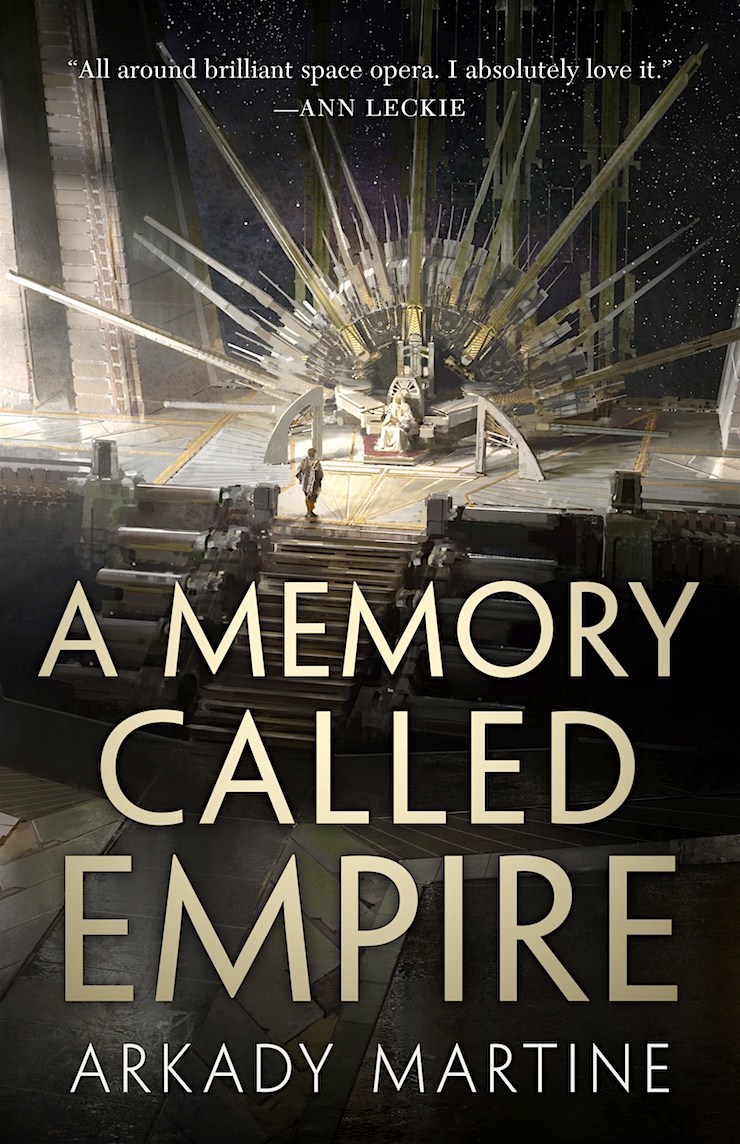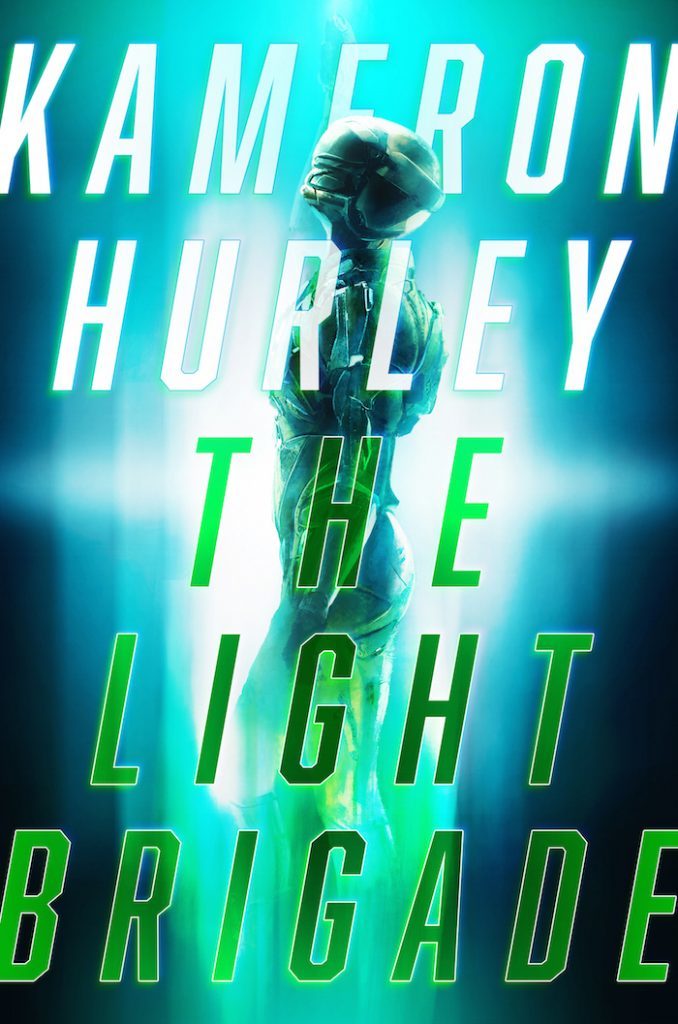 Trying
to escape the relentless mechs, the last humans from the planet Snowglade take their ancient starship on a
dangerous course straight into the Eater, the black hole at the galactic center. Hungry and desperate,
the refugees begin to question the leadership of Captain Killeen, who believes the center holds their
one hope of survival. Meanwhile, Killeen's son Toby struggles with the microchips that were implanted
in his spine—a technology that now threatens his sanity. Caught between their genocidal
pursuers and peril in the galactic center, Killeen and Toby bring humanity to its final destiny.
Trying
to escape the relentless mechs, the last humans from the planet Snowglade take their ancient starship on a
dangerous course straight into the Eater, the black hole at the galactic center. Hungry and desperate,
the refugees begin to question the leadership of Captain Killeen, who believes the center holds their
one hope of survival. Meanwhile, Killeen's son Toby struggles with the microchips that were implanted
in his spine—a technology that now threatens his sanity. Caught between their genocidal
pursuers and peril in the galactic center, Killeen and Toby bring humanity to its final destiny.
So this chapter in the Galactic Center saga is told from Toby's POV. Life isn't easy for the son of a captain. He wants to talk son-to-father, but too often it's in front of the crew, so it winds up sounding like an out-of-line ensign sowing discord. And when it seems like they're talking father-to-son, Killeen reverts back to captain-to-crew. The reason for that is Toby is carrying around the personality of his father's dead girlfriend, Shibo, on a chip mounted into his internal computer system. Killeen claims that it's because she was an important member of the crew with valuable skills, but Toby thinks Dad just can't let go. They're both right.
In the hierarchy of dead people stored on computer chips, personalities are at the top. They take up a lot of memory and, given enough time, can override their host. And that's what Shibo starts to do.
After a hellish trip through the high energy physics equivalent of Scylla and Charibdis, the Argo arrives at an odd oasis in some kind of balanced region within the maelstrom, a bit like a Lagrange Point but with space-time at work instead of gravity. Interacting with the people there is odd, and there is much confusion between the two parties with the locals using home field to their advantage rather than trying to help their distant cousins.
In the midst of negotiations, Toby has an outburst which complicates matters. Killeen tosses him into the brig. When Toby gets word of what transpired in his absence, he feels like he was setup. Toby runs away with Quath, who acts as a guard/guide. They sneak behind the proverbial curtain only to fall into what I think were pocket universes of space and time. Things get a bit strange as Benford plays around with physics at a level I can't pretend to understand. Toby finds himself on his own, struggling to deal with Shibo's needy disembodied personality, the weirdness of the landscape he finds himself in, coming of age as an adult, and being pursued by malevolent entities.
At my age, I'm not really into coming of age stories, but when Benford doesn't make the story all about Toby, it holds up. The exploration of around the galactic center made for some entertaining reading. I wouldn't have minded more of that. But I struggled with the physics involved getting near the core and Toby's explorations at the oasis. The conflicts are kind of resolved, but not really, and the ending is something of a cliffhanger. Still, if you've made it this far into the series, you have to go all the way.
3.75 stars
\_/
DED
 Galactic
Center series book #4.
Galactic
Center series book #4. This
one starts out well, is muddled in the middle, and then ends a bit disappointingly.
This
one starts out well, is muddled in the middle, and then ends a bit disappointingly.
 After
supremely advanced aliens invade Earth to liberate the planet's intelligent species—whales and dolphins—the
majority of humankind is exiled into space, where, by means of bioengineering, they begin to adapt to and thrive in
their unforgiving environments. Cutting-edge tech means that they can modify body parts, regularly store their
memories for cloning purposes and even merge with seemingly benevolent alien beings (known as symbs) to create
another entity altogether. The discovery of a steady—and mostly indecipherable—stream of data
originating from a star system 17 light-years away offers some kind of hope of advancing the species and
retaking the homeworld. But when the novel's protagonist (a series of successive clones named Lilo) travels
out to 70 Ophiuchi, what she finds may not be salvation for the human species but its damnation.
After
supremely advanced aliens invade Earth to liberate the planet's intelligent species—whales and dolphins—the
majority of humankind is exiled into space, where, by means of bioengineering, they begin to adapt to and thrive in
their unforgiving environments. Cutting-edge tech means that they can modify body parts, regularly store their
memories for cloning purposes and even merge with seemingly benevolent alien beings (known as symbs) to create
another entity altogether. The discovery of a steady—and mostly indecipherable—stream of data
originating from a star system 17 light-years away offers some kind of hope of advancing the species and
retaking the homeworld. But when the novel's protagonist (a series of successive clones named Lilo) travels
out to 70 Ophiuchi, what she finds may not be salvation for the human species but its damnation.
 Ambassador
Mahit Dzmare arrives in the center of the multi-system Teixcalaanli Empire only to discover that her predecessor, the
previous ambassador from their small but fiercely independent mining station, has died. But no one will admit that
his death wasn't an accident—or that Mahit might be next to die, during a time of political instability in
the highest echelons of the imperial court.
Ambassador
Mahit Dzmare arrives in the center of the multi-system Teixcalaanli Empire only to discover that her predecessor, the
previous ambassador from their small but fiercely independent mining station, has died. But no one will admit that
his death wasn't an accident—or that Mahit might be next to die, during a time of political instability in
the highest echelons of the imperial court.
 There's
been a murder on Preservation Station and Murderbot has been called in to solve the case!
There's
been a murder on Preservation Station and Murderbot has been called in to solve the case!
 The
Light Brigade: it's what soldiers fighting the war against Mars call the ones who come back... different. Grunts
in the corporate corps get busted down into light to travel to and from interplanetary battlefronts. Everyone is
changed by what the corps must do in order to break them down into light. Those who survive learn to stick to the
mission brief—no matter what actually happens during combat.
The
Light Brigade: it's what soldiers fighting the war against Mars call the ones who come back... different. Grunts
in the corporate corps get busted down into light to travel to and from interplanetary battlefronts. Everyone is
changed by what the corps must do in order to break them down into light. Those who survive learn to stick to the
mission brief—no matter what actually happens during combat.